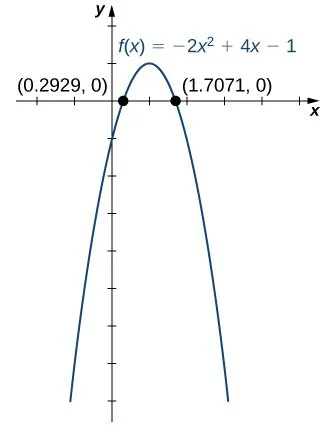pre-calculus topics to study before taking calculus
Everyone says to write what you know, so instead of writing about the world, I’m here writing about Math and Calculus <insert my favourite things meme from the Sound of Music>.
For your entire academic career, students are studying Pre-Calculus Math to get ready for Calculus. Some topics help students develop their math skills overall, but some topics are incredibly important for Calculus. Calculus is its own beast - I think it can be incredibly fun and is incredibly artistic compared to Pre-Calculus! If you’re taking Calculus this year, these are some topics I would focus on beforehand.
algebra
Algebra is the language of math. What sentences are to an essay, algebra is to math. Calculus requires higher level theories and topics that require time to explain. Your teacher will likely rush through the algebraic parts of questions to focus on the new parts. By ensuring you are quick and accurate with your algebra, you are fortifying your foundation for Calculus.
2. operations with fractions
I’m so sorry to tell you, Calculus is full of fractions <queue gasp>. The fractions aren’t simple either, it’s full of polynomial expressions. Knowing how to do all the operations with fractions: addition, subtraction, multiplication, division, exponents, etc., is a great way to start calculus strong. What was the Finding Nemo quote? “Fractions are friends, not food.”
3. factoring polynomials
Polynomial factoring starts in Math 10 Pre-Calculus & Foundations, is continued in Math 11 Pre-Calculus, and wraps up in Math 12 Pre-Calculus. It’s an incredibly important topic to accurately factor polynomial expressions. There are great methods I teach for showing all your work, though I do encourage all of my students to be able to do this in their heads and/or with shortcuts. You won’t have time to do a full decomposition everytime you encounter a quadratic expression. I rarely encourage skipping steps, so you know I mean it with this.
4. graphing polynomial functions
Once you learn Calculus, you’ll never go back to the Math 12 Pre-Calculus way of graphing polynomial functions (curve sketching is much better). However, understanding the general shape of odd vs. even functions, positive vs. negative functions, and how multiplicity affects a root is incredibly useful. Calculus has very large graphical sections, knowing inherent shapes helps you get to the correct graph, faster.
I hope I didn’t scare you off Calculus! It’s a fun concept that is incredibly useful in Physics (it’s actually what it was invented for). It is a different kind of math you haven’t done before. It’s important to have strong foundations when entering.
I hope this helped! I’ve written great blog posts on math study tips so be sure to check that out, but if you’re feeling lost, this is a great place to start. Whether you’re a student studying math, calculus, biology, chemistry, physics, english or french, we have great tutors for you! If you have any questions on our services, check out our web pages for in-person tutoring, online tutoring, or all our services. If you have any thoughts on this blog, I’d love to hear! You can reach me at info@largetutoring.com or at our contact page.
Have fun studying!





